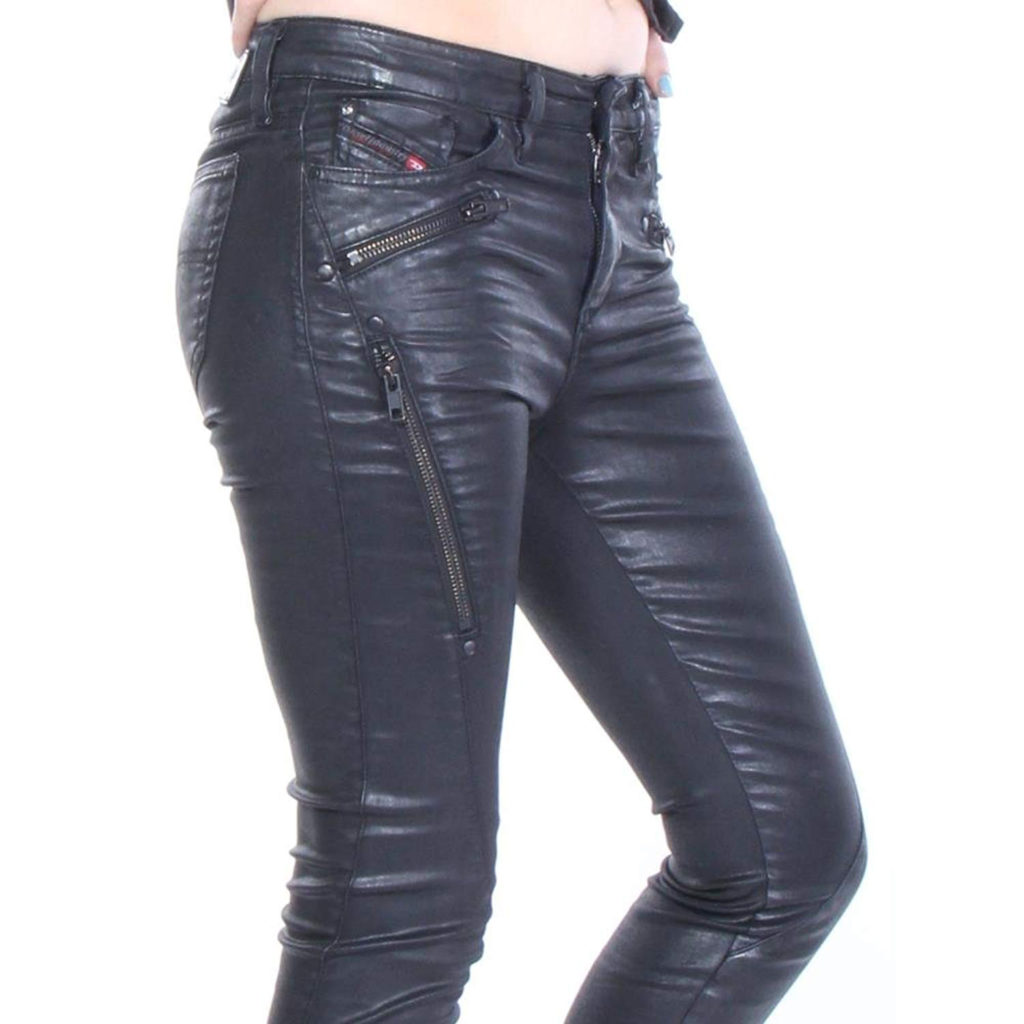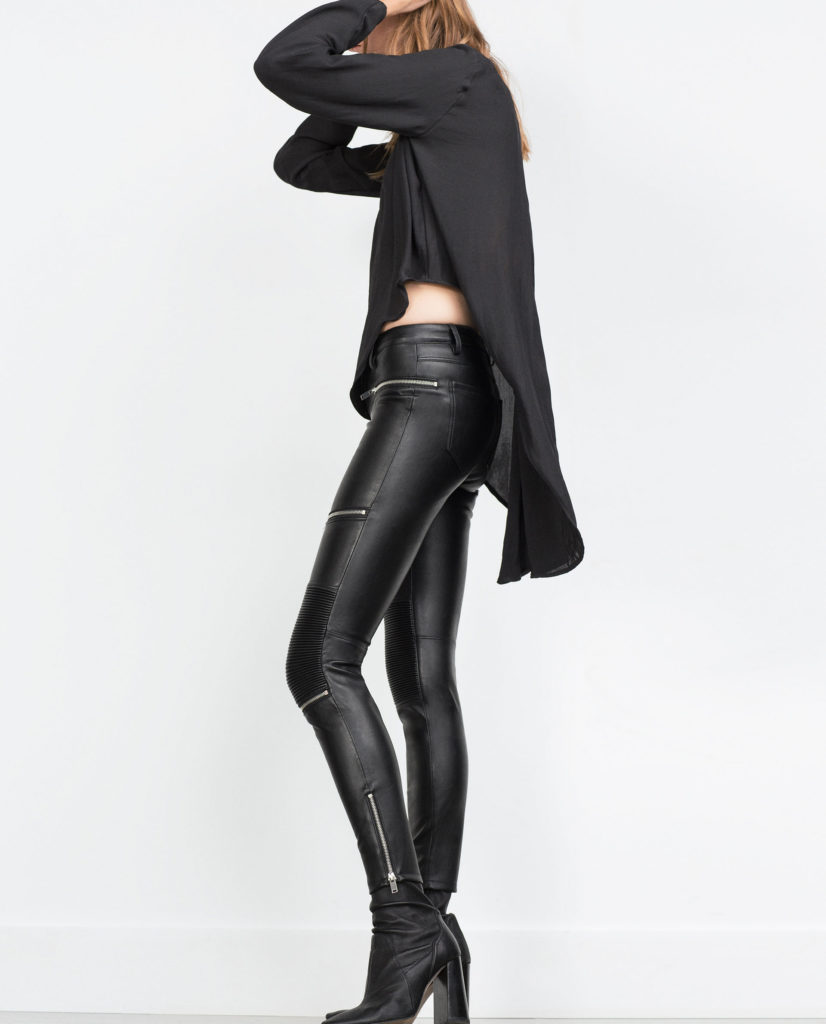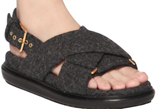Foreign company can be sanctioned by Italian court for Community design infringement, says Milan District Court
In its recent Diesel decision, the District Court of Milan confirmed that an Italian court is competent to sanction not only an Italy-based company selling goods that infringe Community design rights in Italy, but also foreign-based firms marketing the same infringing goods in other European Union member states.

The “Skinzee SP2” model covered by Diesel’s registered design rights.
Italian retail clothing company Diesel had asked the District Court of Milan to confirm that its registered Community design called “Skinzee SP2” for women’s jeans had been infringed by the “Biker zipper pants” model sold at Zara fashion retail stores in Italy and Spain.
Diesel also claimed infringement of its unregistered design rights in a winter sandal model called “Fussbet” by an identical sandal sold in Zara Home stores.
Zara claimed invalidity of Diesel’s design rights in the two models, arguing that the Skinzee SP2 pants were unable to produce a different overall impression from other similar models currently on the market – and therefore were not eligible for design registration – and that the Fussbet sandal employed an obvious and classic shape – and hence did not qualify for the protection afforded to unregistered designs in the European Union.
Validity of the designs

The “Biker zipper pants” model sold at Zara stores.
The “Biker zipper pants” model sold at Zara stores.
Judgement No. 5390/2018 of the Milan District Court, published on 15 May 2018, confirmed the validity of the designs at issue.
The Court referred to the notion of the “degree of freedom of the designer” set forth by Regulation EU 6/2002 on the Community design, and pointed out that in the retail fashion industry, conditioned by a very high number of competing designs, there is a crowding of products with similar features. In such a situation, differences that are slight, but are nonetheless perceived by the informed user who is competent in the area of retail fashion, can justify the validity of design rights.
With regard to the Skinzee SP2 pants, the court found that the elements distinguishing the registered design were the combination of slanted seams on the legs and the position of the zips – especially the vertical one running downwards along the leg with no practical function.
With regard to the Fussbet sandal, the distinguishing elements were the materials employed (felt and black rubber) as well as the crossed straps on the top and the strap and buckle at the back.

The “Fussbet” sandal covered by Diesel’s unregistered design rights.
Infringement of the designs
The court held that for both products the models marketed by Zara had infringed Diesel’s design rights.
Zara’s products reproduced most of the elements that characterised the models of the complainant to the point that the consumer could not distinguish the Diesel product from the Zara look-alike.
Infringing designs sold by foreign-based companies
The interest of this case lies in the aspect of jurisdiction.
The court found that all the defendant companies belonging to the Zara group (including Zara Italia’s Spanish sister companies) had marketed the products infringing Diesel’s rights, and issued an order barring the sale of the Biker zipper pants throughout the European Union, setting a 200 euro fine for each product sold in breach of the measure.
To this regard, the court referred to the judgement of the Court of Justice of the European Union in joined cases C-24/16 and C-25/16 Nintendo/BigBen according to which Regulation EU 6/2002 on the Community design, read in conjunction with EU provisions on jurisdiction and on the recognition and enforcement of judgments in civil and commercial matters, allows a national court that has found that a Community design has been infringed by a defendant to issue measures, including damage payment orders, against other defendants, based in foreign countries, that have manufactured or marketed abroad products infringing the design rights.
The decision of the District Court of Milan can still be appealed, but the strong position taken by the court is worth noting.
